Optimal Timing for Foundation Repairs
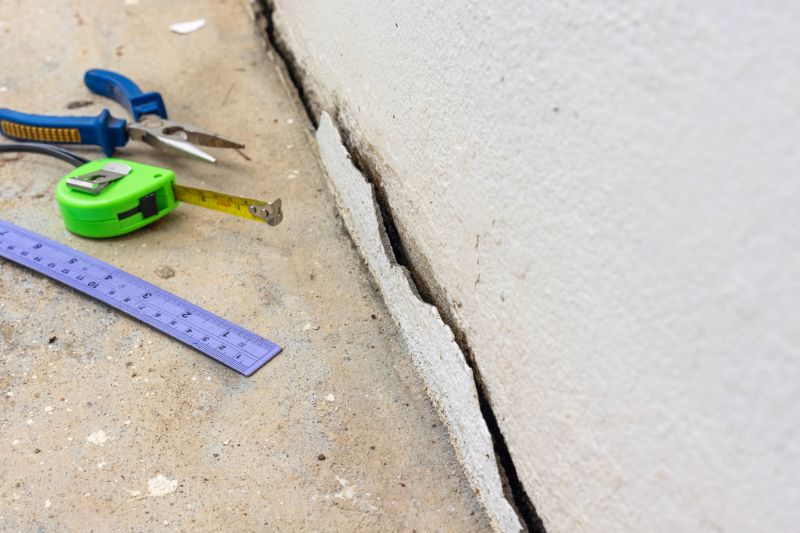
Ways to make Foundation Repairs work in tight or awkward layouts.
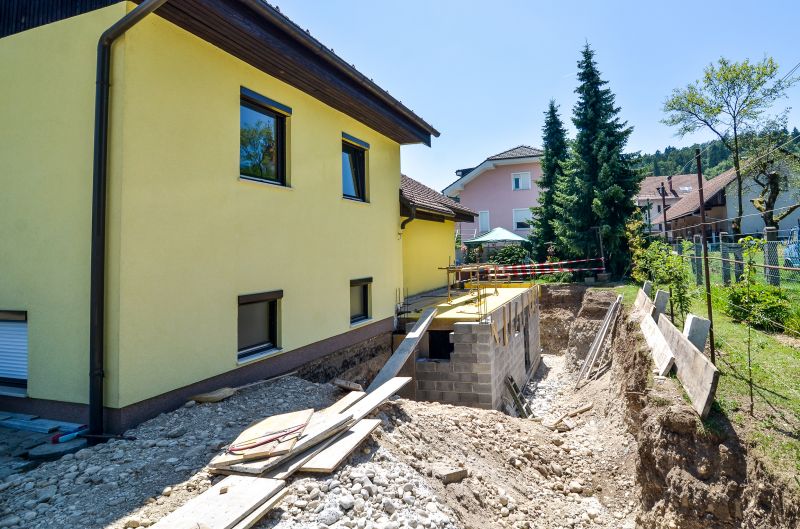
Popular materials for Foundation Repairs and why they hold up over time.
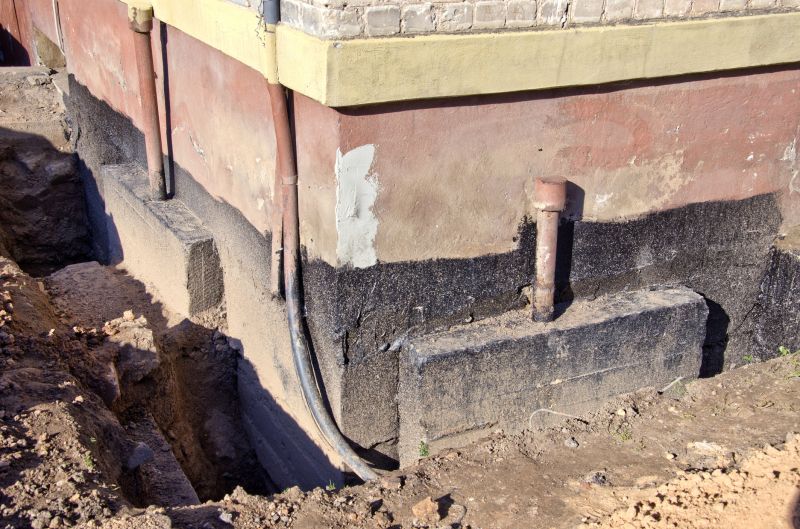
Simple add-ons that improve Foundation Repairs without blowing the budget.
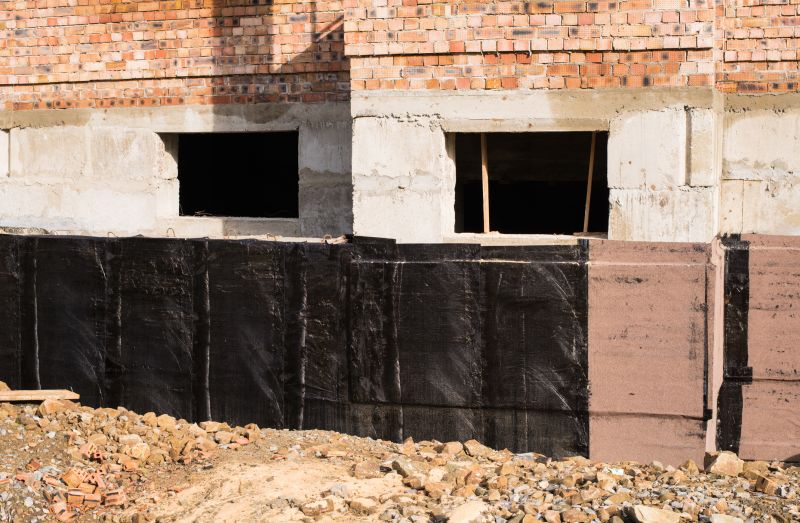
High-end options that actually feel worth it for Foundation Repairs.
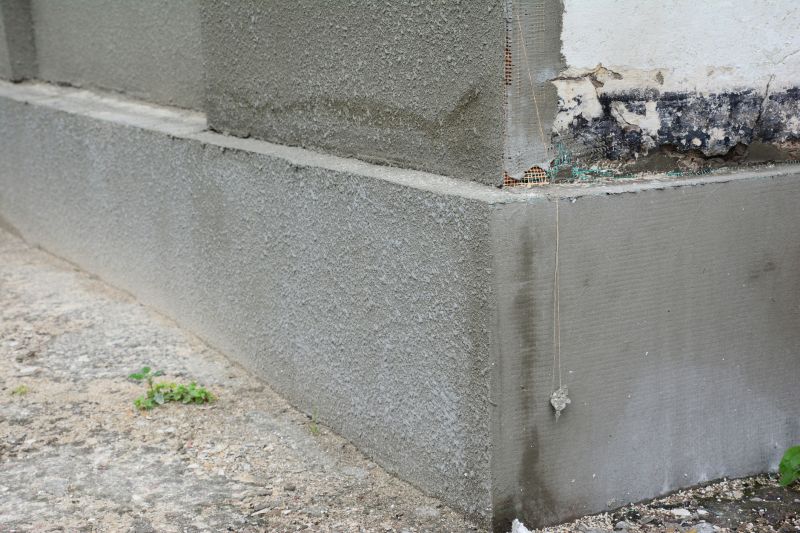
Finishes and colors that play nicely with Foundation Repairs.
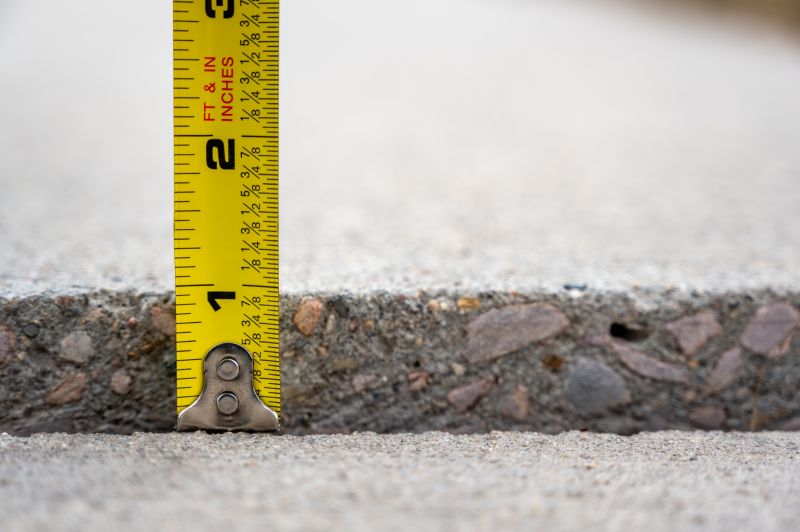
Little measurements that prevent headaches on Foundation Repairs day.
Foundation repairs are most effective when performed under optimal conditions that allow for proper curing and stabilization. The best time to undertake foundation repairs often depends on local climate patterns, soil conditions, and the specific repair methods used. Typically, dry and moderate weather conditions facilitate easier access and better results, reducing the risk of complications caused by moisture fluctuations.
In regions with distinct seasonal changes, late spring through early fall is generally considered ideal for foundation repairs. During these periods, soil moisture levels are more stable, which minimizes the risk of further shifting or cracking. Performing repairs during extreme cold or wet seasons can lead to additional issues, such as frost heave or soil expansion, which may compromise the effectiveness of the work.
Ideal for foundation repairs due to moderate weather and manageable soil moisture levels.
Suitable when temperatures are stable; avoid extreme heat which can cause rapid curing issues.
Good for repairs as soil begins to cool and moisture levels decrease.
Cold weather can hinder repair processes; frost can cause soil movement.
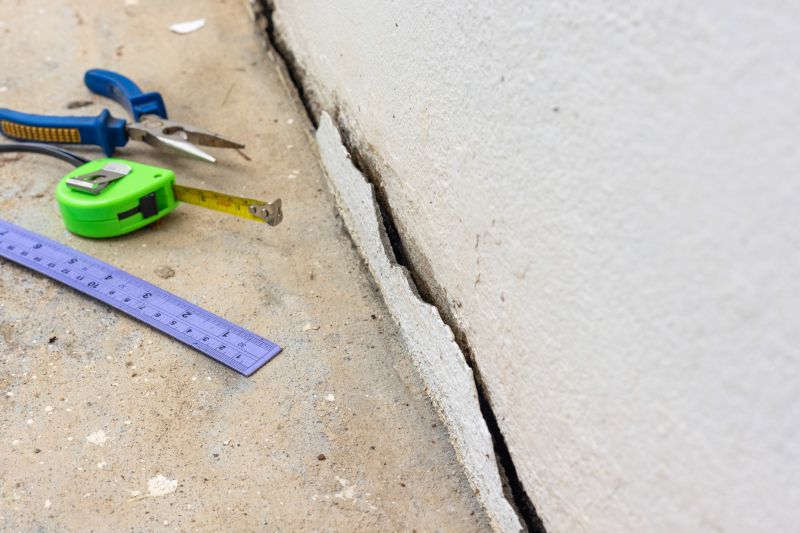
A 60-second routine that keeps Foundation Repairs looking new.
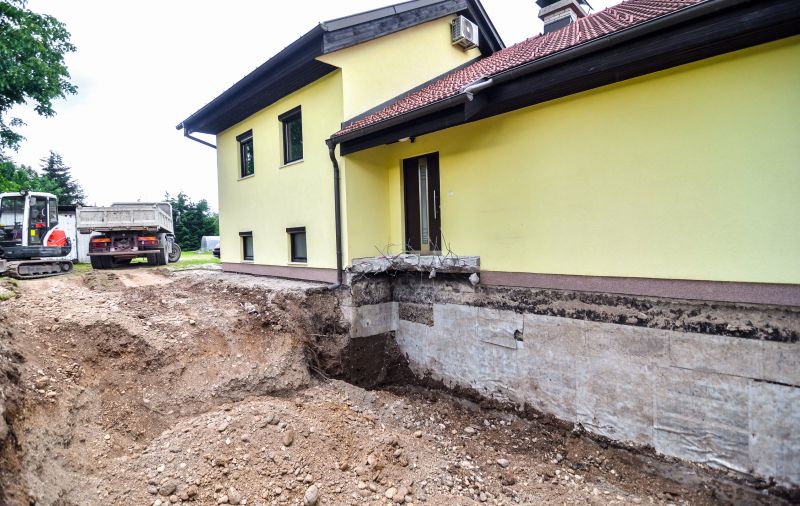
A frequent mistake in Foundation Repairs and how to dodge it.
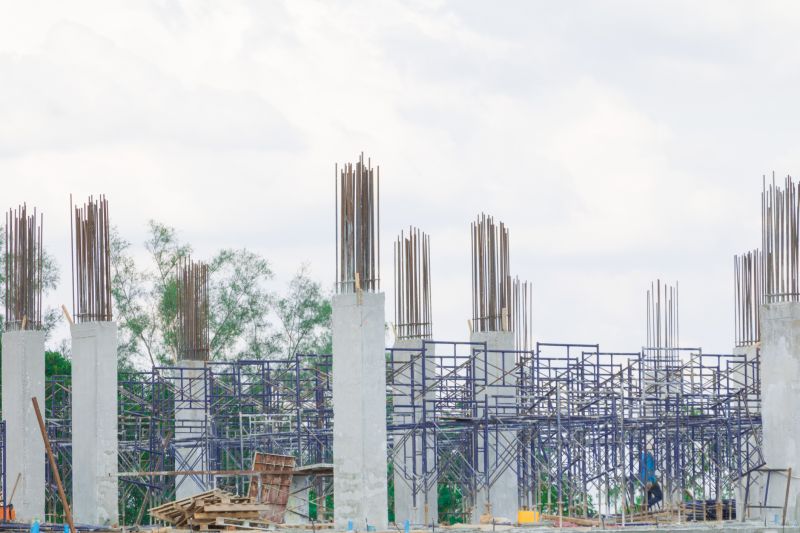
Small tweaks to make Foundation Repairs safer and easier to use.
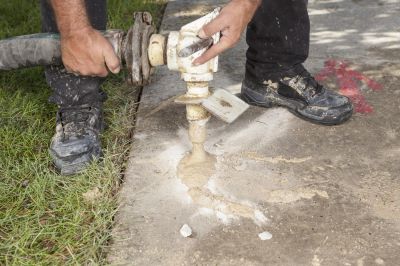
Lower-waste or water-saving choices for Foundation Repairs.
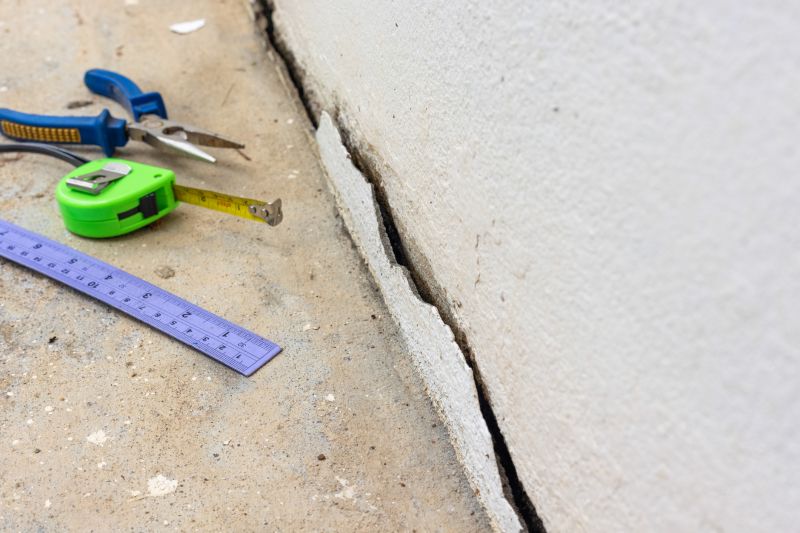
The short, realistic tool list for quality Foundation Repairs.
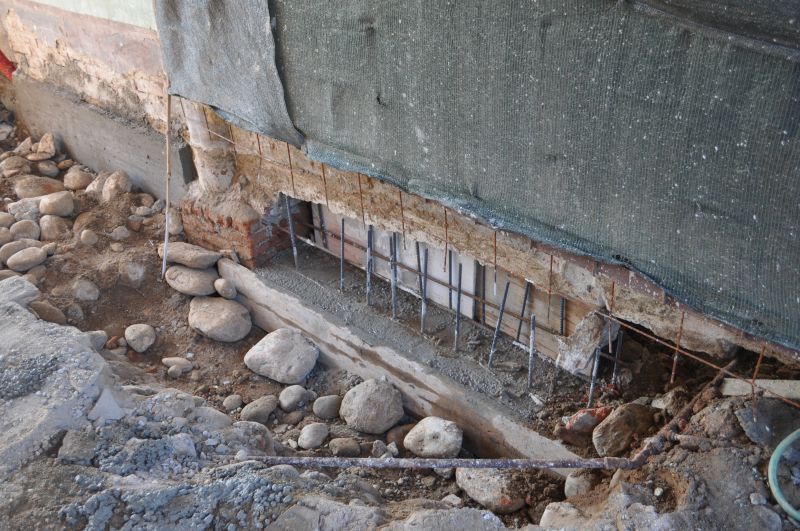
Rough timing from prep to clean-up for Foundation Repairs.
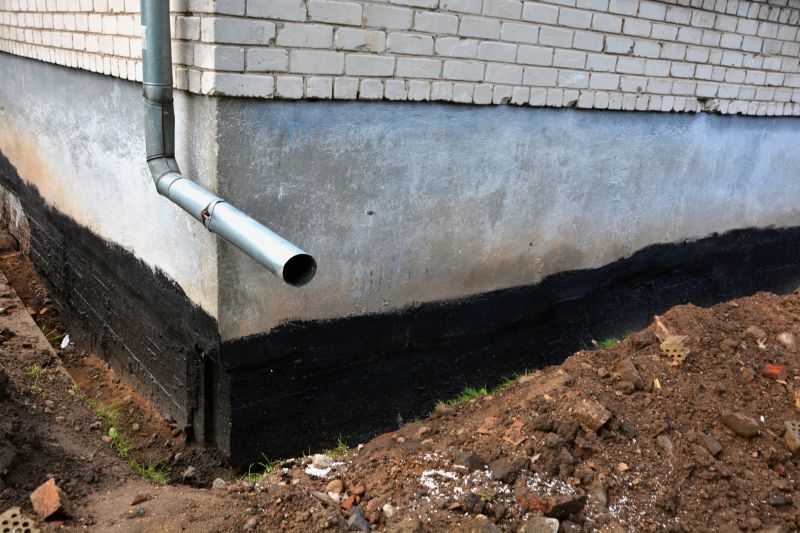
Quick checks and paperwork to keep after Foundation Repairs.
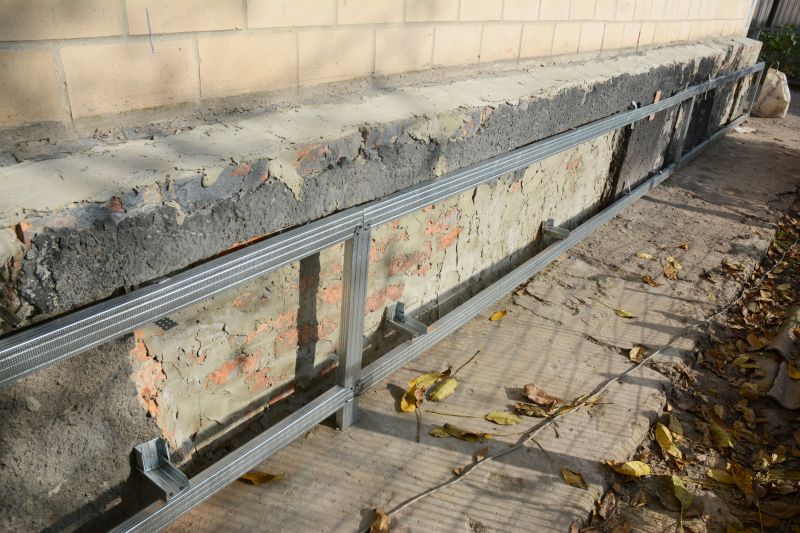
Examples that show the impact a good Foundation Repairs can make.
| Season | Best Conditions for Foundation Repairs |
|---|---|
| Spring | Moderate soil moisture, stable temperatures |
| Summer | Warm, dry weather; avoid extreme heat |
| Fall | Cooler temperatures, decreasing soil moisture |
| Winter | Cold and frozen ground, generally not recommended |
Foundation repairs are essential for maintaining structural integrity and preventing further damage to a property. They address issues such as cracking, settling, and shifting caused by soil movement, moisture changes, or aging materials. Proper timing of repairs can improve longevity and effectiveness, reducing the need for future interventions.
Statistics indicate that addressing foundation issues early can prevent significant structural damage and costly repairs later. Regular inspections and timely repairs contribute to the stability of residential and commercial buildings. Understanding seasonal impacts helps property owners plan repairs during optimal periods, ensuring better results and longer-lasting solutions.
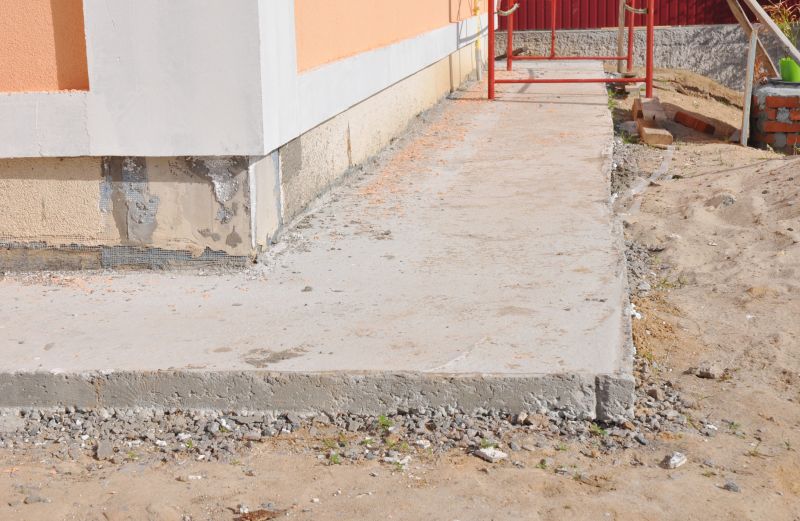
Ways to make Foundation Repairs work in tight or awkward layouts.
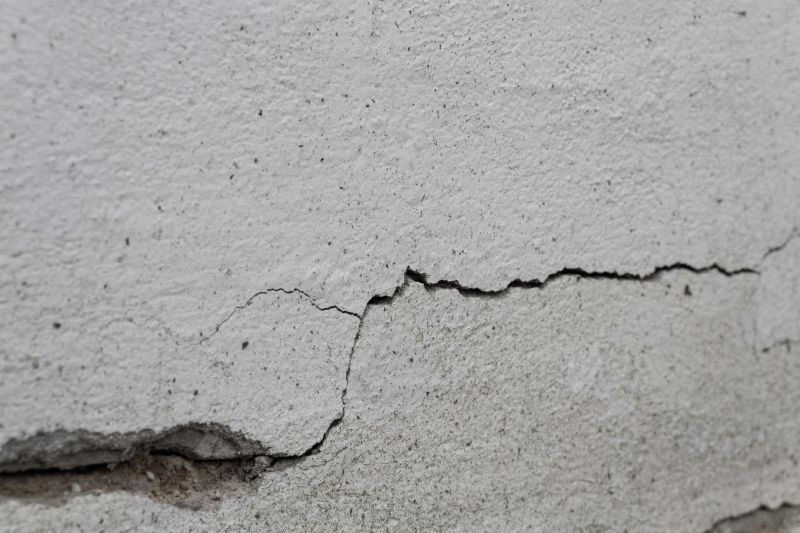
Ways to make Foundation Repairs work in tight or awkward layouts.
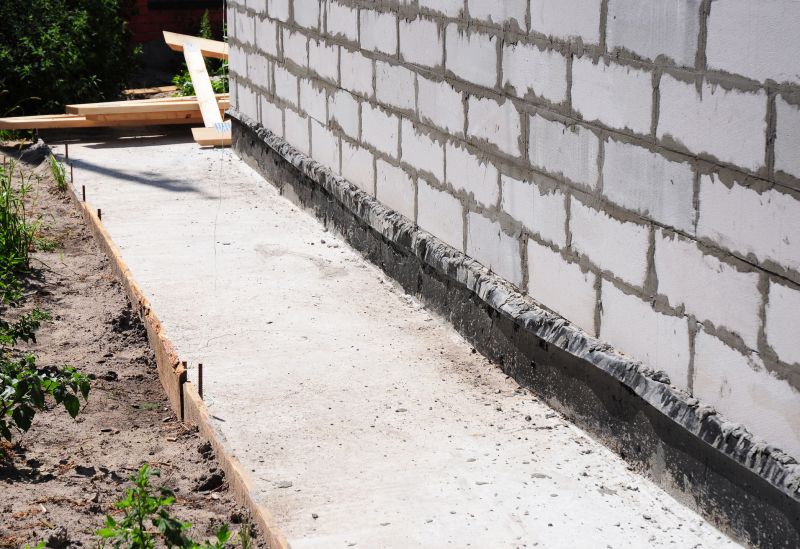
Ways to make Foundation Repairs work in tight or awkward layouts.
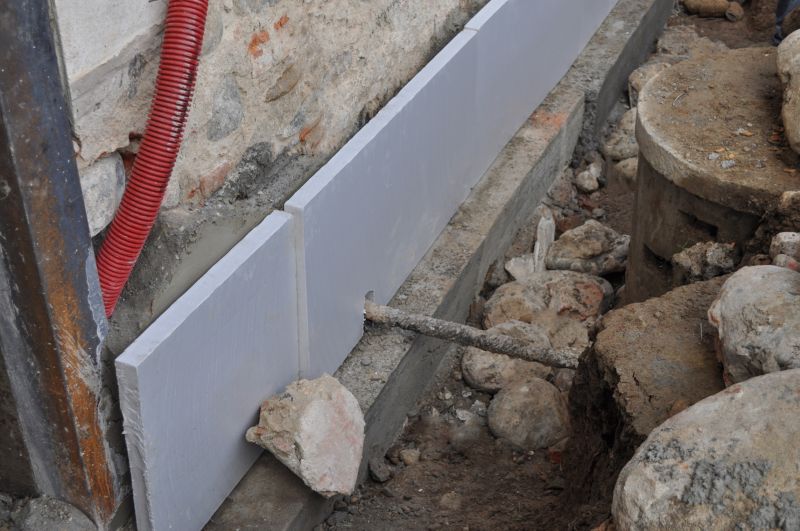
Ways to make Foundation Repairs work in tight or awkward layouts.
Interested property owners are encouraged to contact for more information about foundation repair options and scheduling. Proper timing and professional assessment can ensure that repairs are effective and durable, maintaining the safety and value of the property.


